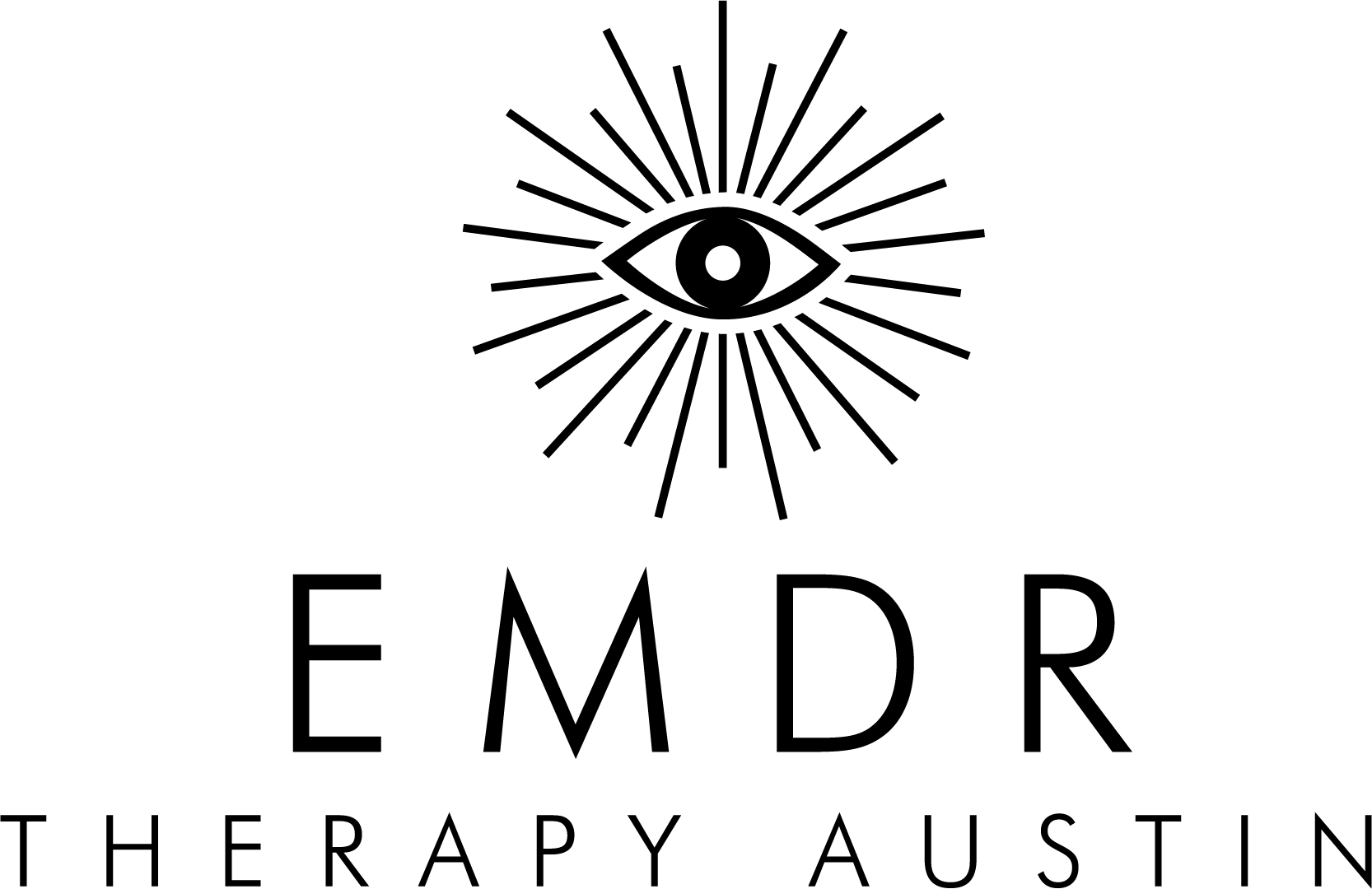
EMDR Therapy for Traumatic Events and PTSD
Do your Past experiences impact your ability to Feel safe in the world or form close relationships in adulthood?
Do you feel overwhelmed by negative self-beliefs that were born in the past?
You are not alone in these experiences. EMDR is one of many types of therapies that can help you to clear out past unresolved traumatic experiences and the associated distorted beliefs about yourself and the world. EMDR can help you tap into your inner resources to foster new ways of living a more satisfying life.
What is EMDR therapy?
EMDR (Eye Movement Desensitization and Reprocessing) is a powerful evidence-based practice used to treat trauma and help facilitate the brain's natural healing processes.
During a traumatic or stressful event (called “shock trauma”), the brain does not process information as it normally would. Instead, information can get stuck or stored in the brain in unhelpful ways and continue to negatively affect you in your present day life. The old stored information can be triggered in the present and can cause you to have thoughts, feelings, or bodily sensations that transport you back to the time the trauma occurred. This affects the way a person sees themselves, the world, and how they relate with others.
EMDR uses eye movements (similar to what occurs during REM sleep) or other forms of bilateral stimulation to help facilitate information processing and relieve the effects of trauma and the accompanying negative beliefs. Following a successful EMDR session, you will still remember what happened, but you will not be overwhelmed when recalling the painful memories of the incident. This allows you to access more adaptive ways of viewing the original trauma (reprocessing) and to release the stored negative emotional reactions around it (desensitization).
Counselors at EMDR Therapy Austin are skilled in providing both primary therapy services where we work with you to treat the full spectrum of trauma (both shock trauma and complex/developmental trauma, and we also provide adjunct EMDR therapy services should you already have a therapist that you are working with.
Therapists who provide EMDR
ADDITIONAL THERAPIES WE OFFER
NARM (NeuroAffective Relational Model)
SE (Somatic Experiencing)
Attachment Theory
IPNB (Interpersonal Neurobiology)
Parts Work informed by IFS (Internal Family Systems)
What concerns does EMDR treat?
Anxiety
Attachment Ruptures
Childhood Trauma
Depression
Flashbacks & Nightmares
Grief & Loss
Painful or Disturbing Memories
Panic Attacks
Physical, Emotional, & Sexual Abuse
Post Traumatic Stress
Self-Esteem Issues

Learn more about EMDR therapy and how it works to treat trauma.
If you would like to learn more about receiving EMDR therapy, please feel free to discuss this with your counselor during your consultation. We would encourage you to check out the EMDR frequently asked questions page, too. You can also visit the EMDR International Association website www.emdria.org for additional information about this form of treatment.

